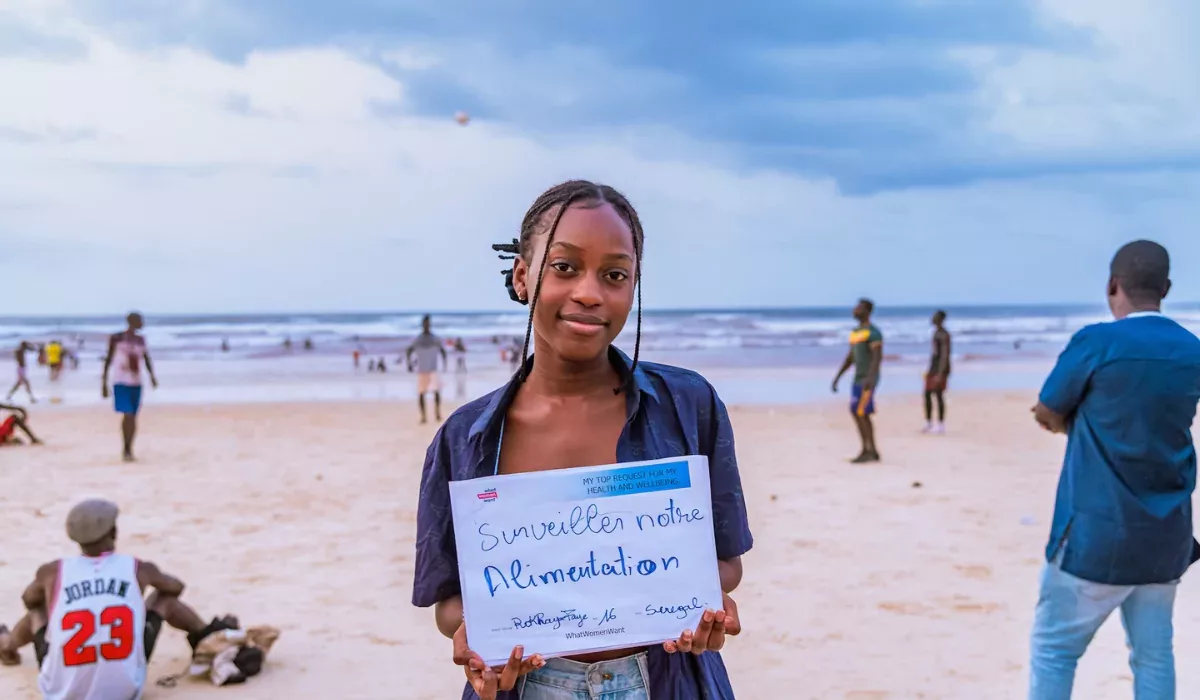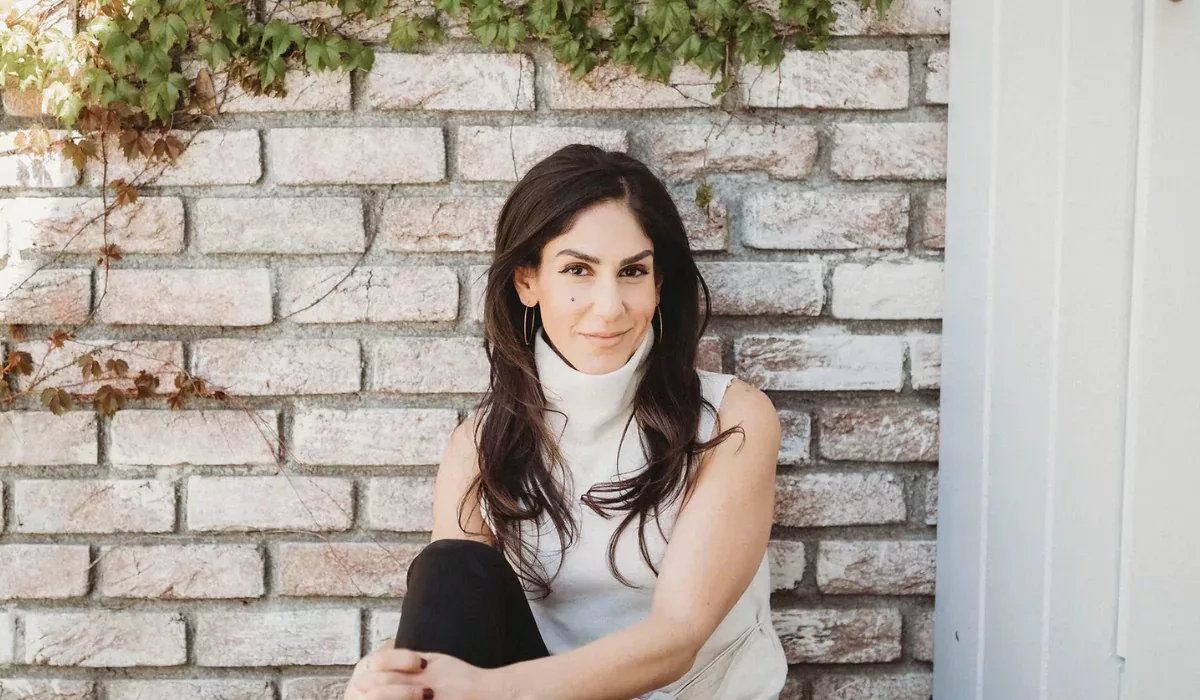
Unlearning Canadian History: Resources for Canadians or anyone living on/admiring colonized land
“Canada is so progressive.”
“Canadians are so warm and welcoming.”
“JT is hot.”
Working with colleagues from around the world, these are examples of how people characterise Canada. Ironically, these same characterisations shaped the Canadian history lessons I (and I imagine any fellow Canadian reading this) received from Kindergarten through Grade 12.
In Grade 4, we each chose a European “explorer” and gave presentations on the details of their brave transatlantic “expeditions.”Later, in Grade 8 or 9, we studied the fur trade, not through its devastating impact on Indigenous peoples’ lands and livelihoods, but through how it shaped Canada’s economy and the establishment of its cities.
The global perception of Canada came up for me again recently when we marked Truth and Reconciliation Day a few weeks back. Team members asked me what the event symbolised (a.k.a. “why are you booking Monday off?”), which provided a much-overdue opportunity to dismantle the “cultural mosaic” often used to portray Canada as a beacon of tolerance and acceptance.
I’m no expert in this country’s colonial legacy, but I did come out the other side of secondary education—and have since been lucky enough to learn from friends, family, colleagues, and educators about the atrocities of the Residential School System and other historic and ongoing efforts by federal and provincial/territorial governments (often in close collaboration with the Catholic Church) to erase Indigenous communities and their cultures.
So, when asked about TRC Day, I shared a few resources that have been part of my own unlearning process, but I also started reaching out to Indigenous and non-Indigenous leaders in my life to share the books, films, and articles that shape their response to the comment, “Canada is so progressive.”
The list below came together through that outreach — thank you to Jordan Dysart, Harriet Zaidman, and my mom (and librarian extraordinaire) Charlotte Duggan for your suggestions. As Jordan noted when he shared his list, “everyone’s experiences are different.”
The realities of exploitation vary widely across Indigenous communities, shaped by each nation’s relationship with provincial and territorial governments, and by the specific resource and geographic interests at play. Because of this, the list I’ve compiled focuses on the experiences of Indigenous communities in the Prairies. (Please note that for the resources recommended to me that I haven’t read/watched myself, I’ve pulled brief summaries from official sources.)
Resources to enlighten your unlearning of Canadian history:
Clearing the Plains: Disease, Politics of Starvation, and the Loss of Indigenous Life by James Daschuk
Noted by MacLean’s in 2014 as one of the 25 Most Important Books of the Last 25 Years, Clearing the Plains reveals how Canada’s first Prime Minister used a policy of starvation against Indigenous people to clear the way for settlement
Dammed: The Politics of Loss and Survival in Anishinaabe Territory by Brittany Luby
Dammed explores Canada’s hydroelectric boom in the Lake of the Woods area. It complicates narratives of increasing affluence in postwar Canada, revealing that the inverse was true for Indigenous communities along the Winnipeg River.
Half-Breed by Maria Campbell
An autobiographical coming age story that explores the poverty, oppression, alcoholism, addiction, and tragedy Maria endured throughout her childhood and into her early adult life, underscored by living in the margins of a country pervaded by hatred, discrimination, and mistrust. defined by discrimination and mistrust.
Indian Horse by Richard Wagamese
A novel following a Residential School survivor whose healing journey unfolds through hockey and storytelling.
Kuper Island
A CBC docuseries that uncovers the lasting trauma of the Kuper Island Residential School through the testimonies of survivors and their families, revealing the deep generational impact of abuse and erasure.
Little Bird by Jennifer Podemski and Hannah Moscovitch
Little Bird is a limited television series that follows Bezhig Little Bird, a woman adopted out of her Indigenous family during the Sixties Scoop, as she searches for her roots and reckons with identity, loss, and resilience in the face of colonial trauma.
Indian Horse by Richard Wagamese
A moving novel that follows a residential school survivor’s life and his search for healing through hockey and storytelling.
Permanent Astonishment: Growing Up Cree in the Land of Snow and Sky by Tomson Highway
A memoir chronicling Highway’s childhood in a remote Cree community, blending humour and lyricism as he reflects on family, tradition, and survival in the North.
Rooster Town: The History of an Urban Métis Community, 1901–1961 by Evelyn Peters, Matthew Stock, and Adrian Werner
A history of a largely forgotten Métis settlement on the outskirts of Winnipeg, tracing its community life, displacement, and erasure from the city’s official record.
The Break by Katherena Vermette
One of my favourite Winnipeg-set novels. It’s about a family of Métis women whose interconnected stories reveal the effects of violence and community resilience across generations.
Video Collection on Hydro-Impacted Communities
A series of short documentaries and interviews exploring the lived experiences of Indigenous communities affected by Manitoba’s hydroelectric developments.
We Were Children
A National Film Board documentary recounting the harrowing stories of two Residential School survivors, exposing the system’s cruelty through first-person testimony and reenactment
Where the Spirit Lives
A 1989 drama film following a young Kainai girl forcibly taken to a Residential School, highlighting her resistance and the strength of cultural identity in the face of forced assimilation.
____________________
Fellow Canadians (and anyone living on colonized land), I’d love to hear from you.
What books, films, or resources have supported your own unlearning?


